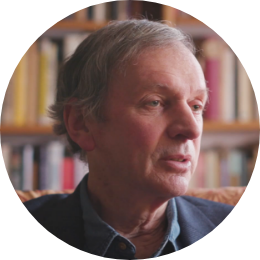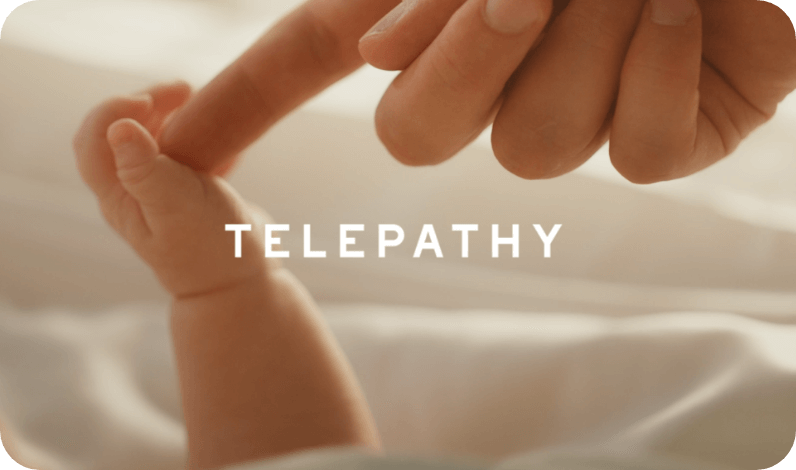
Related Videos

Rupert Sheldrake - PhD
Former Diretor of the "Perrott-Warrick Project" | Trinity College, Cambridge University

Ep. 2 | TELEPATHY
How can we explain those uncanny moments when we think of someone, and they reach out to us by phone or message at that exact time? Can university researchers demonstrate a connection between two individual consciousnesses, separated by hundreds or thousands of miles?
A reference in supporting scientific research.
Over the years, the Bial Foundation has developed a close relationship with the scientific community, first in Portugal and then worldwide. Today, it is a renowned institution, particularly in Neuroscience and Parapsychology research, aiming to stimulate new research that benefits people by enhancing health and reaching new levels of knowledge.
You are going to visit an external page to this site